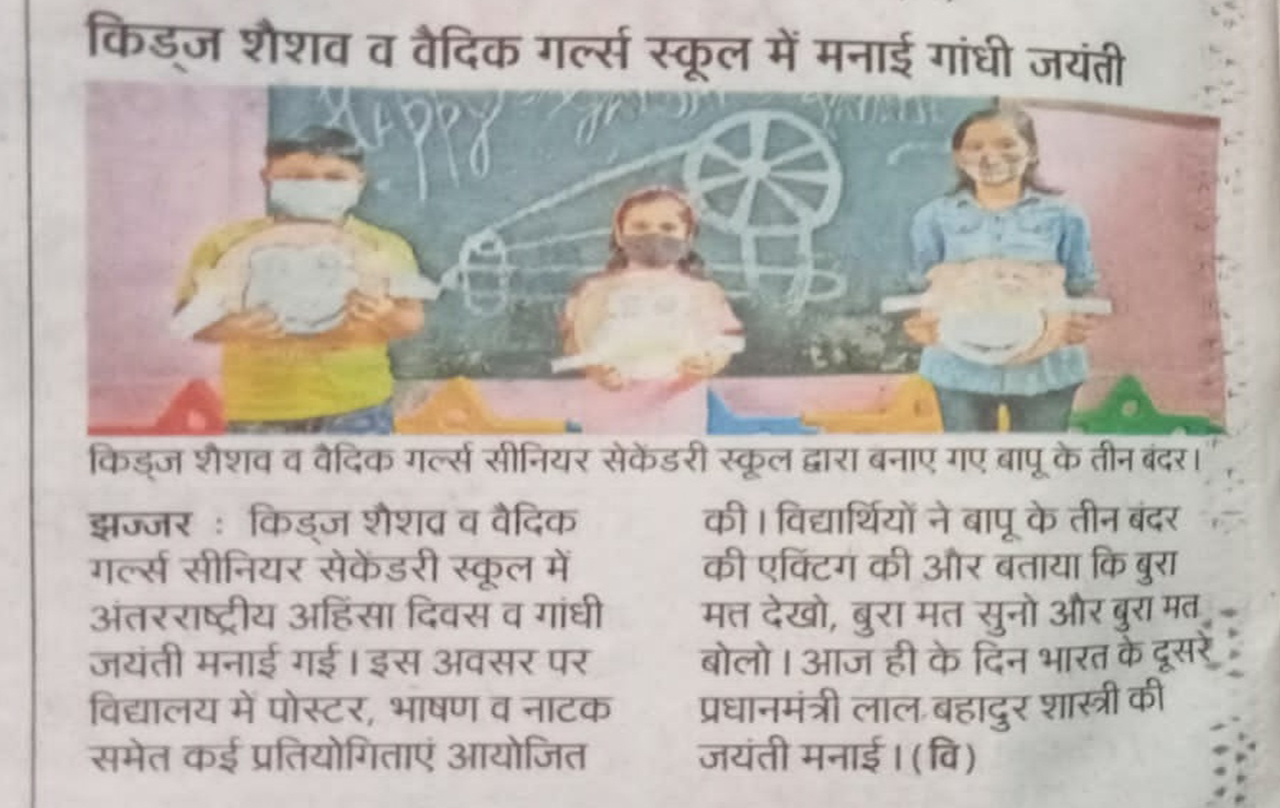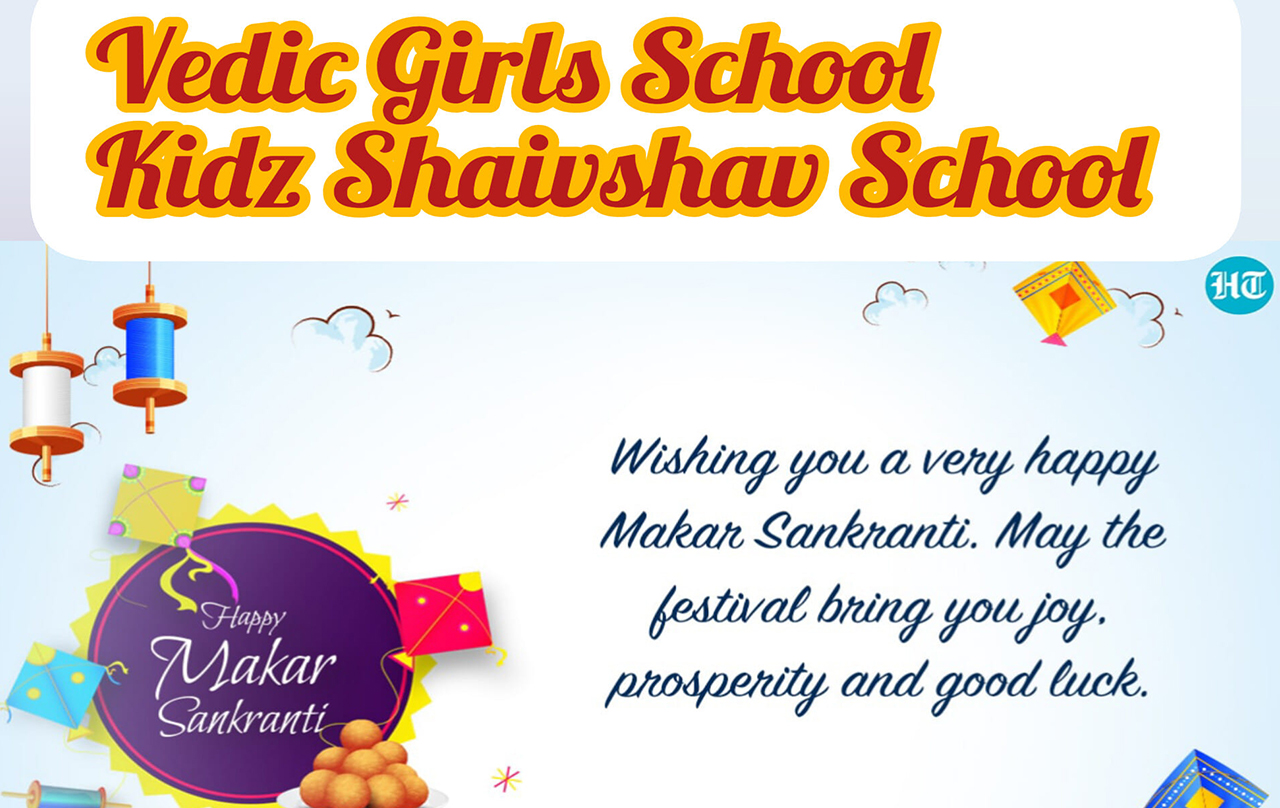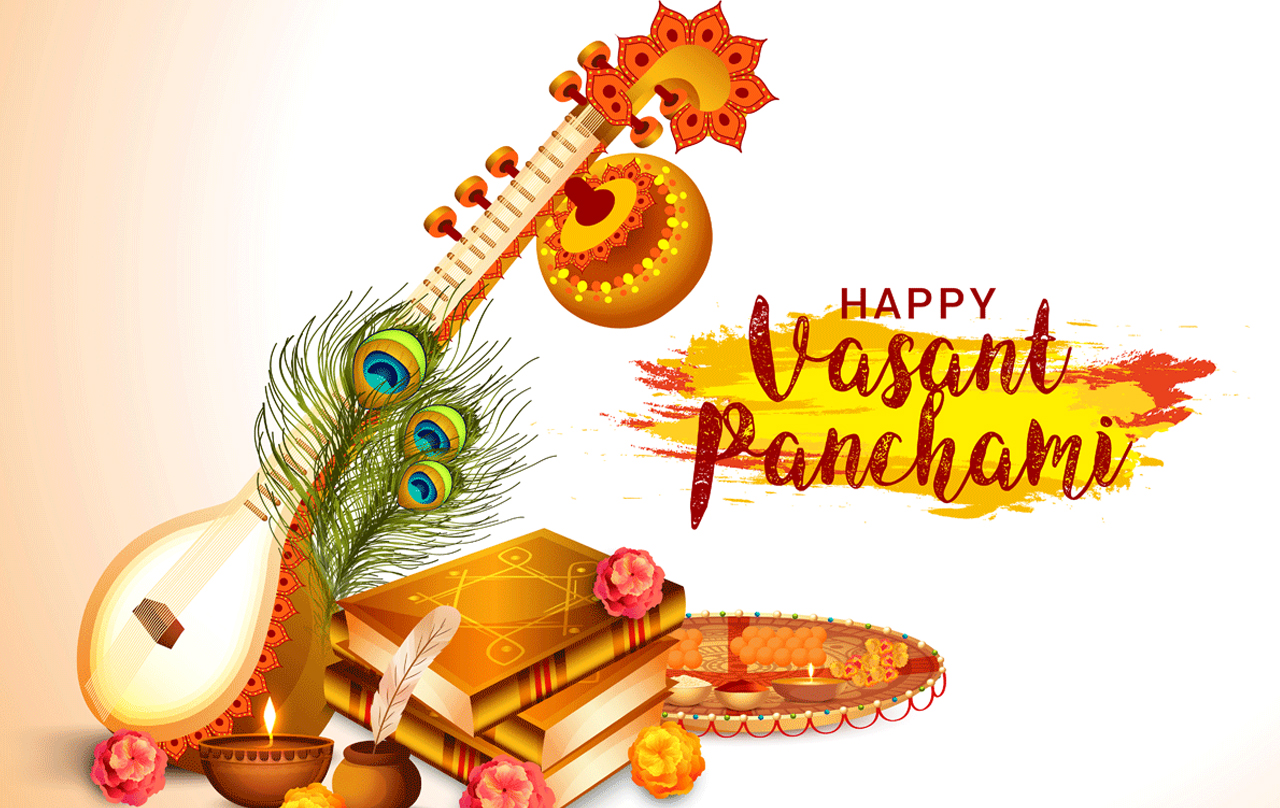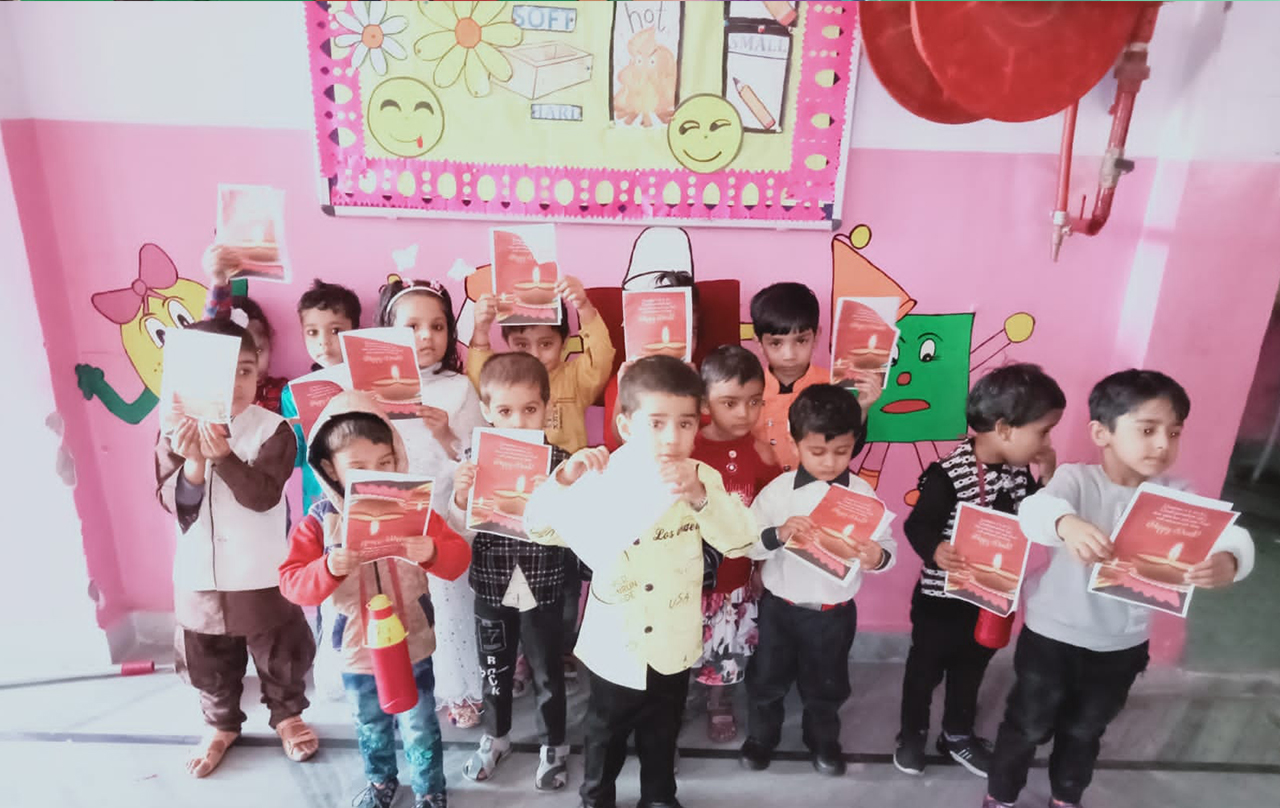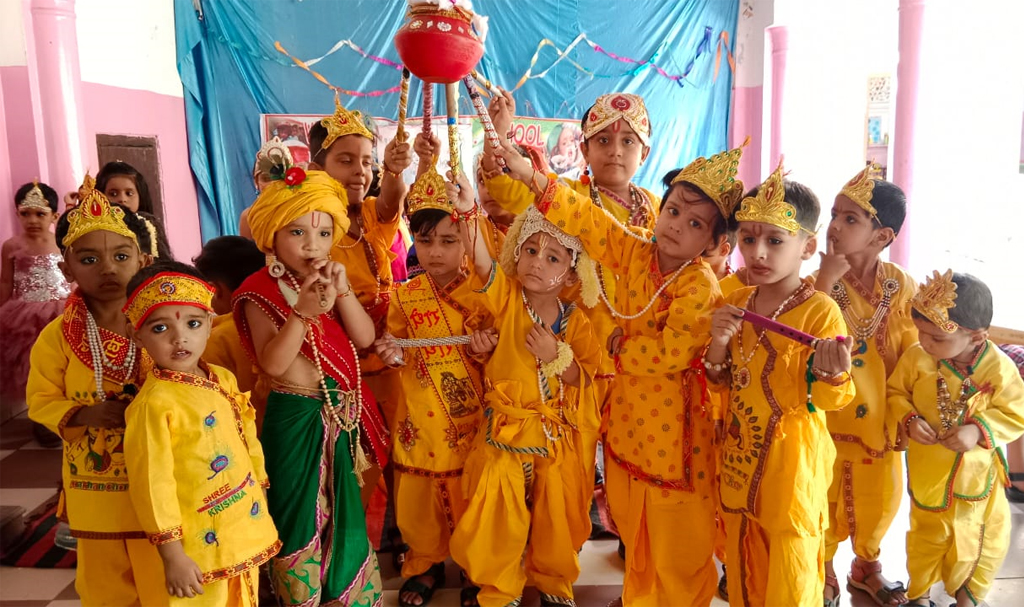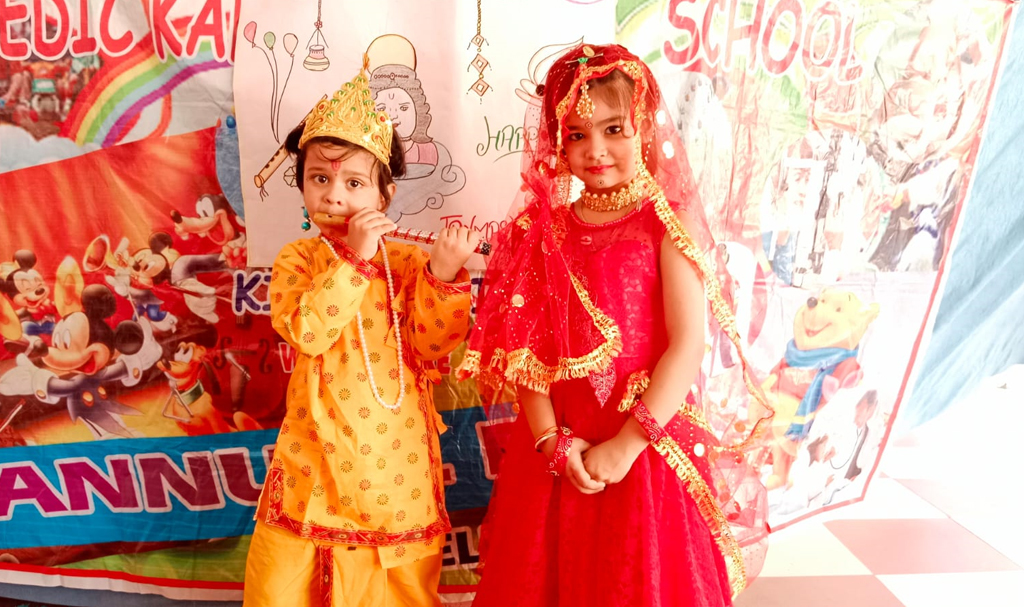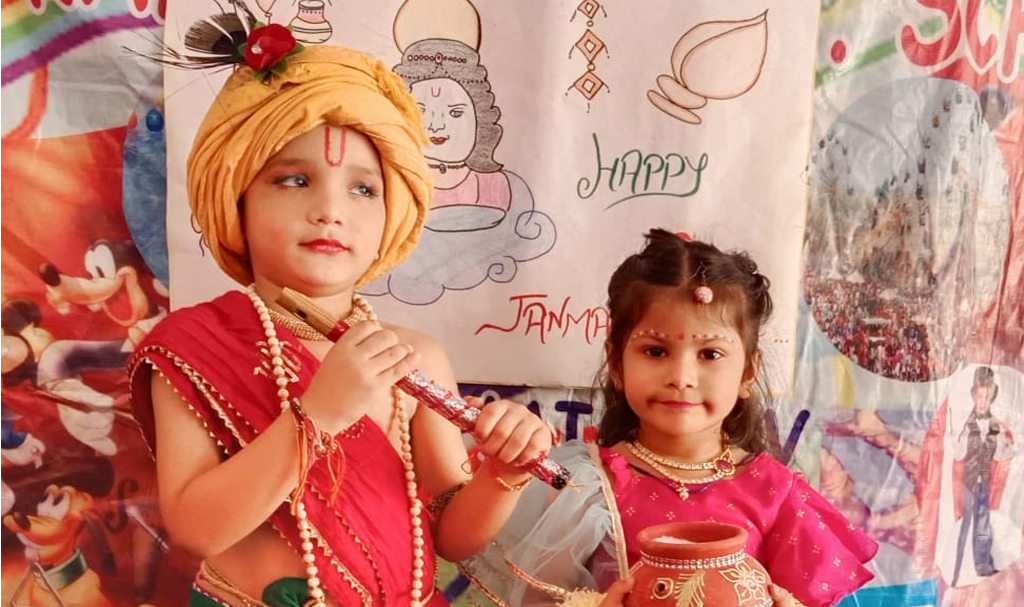Festivals are occasions To empower Ourselves in the Course of humanity.”
Festivals are special days to celebrate tradition, culture and heritage with happiness, peace, and harmony. Festivals are the oldest rituals and traditions we follow to pay tribute to our God and goddesses.
As part of our endeavour to ingrain in students the admiration of and respect of India’s rich patrimony and disparity, and also to reinforce in them national pride and respect for all, here at KIDZ SHAISHAV school we celebrate a number of festivals.
Benefits of Festival celebration –
- Foster community pride
- Teach new things
- Strengthen relationship
- Improve communication skills
- Make the students more aware of their culture
- Teach social awareness
- Foster cultural appropriation
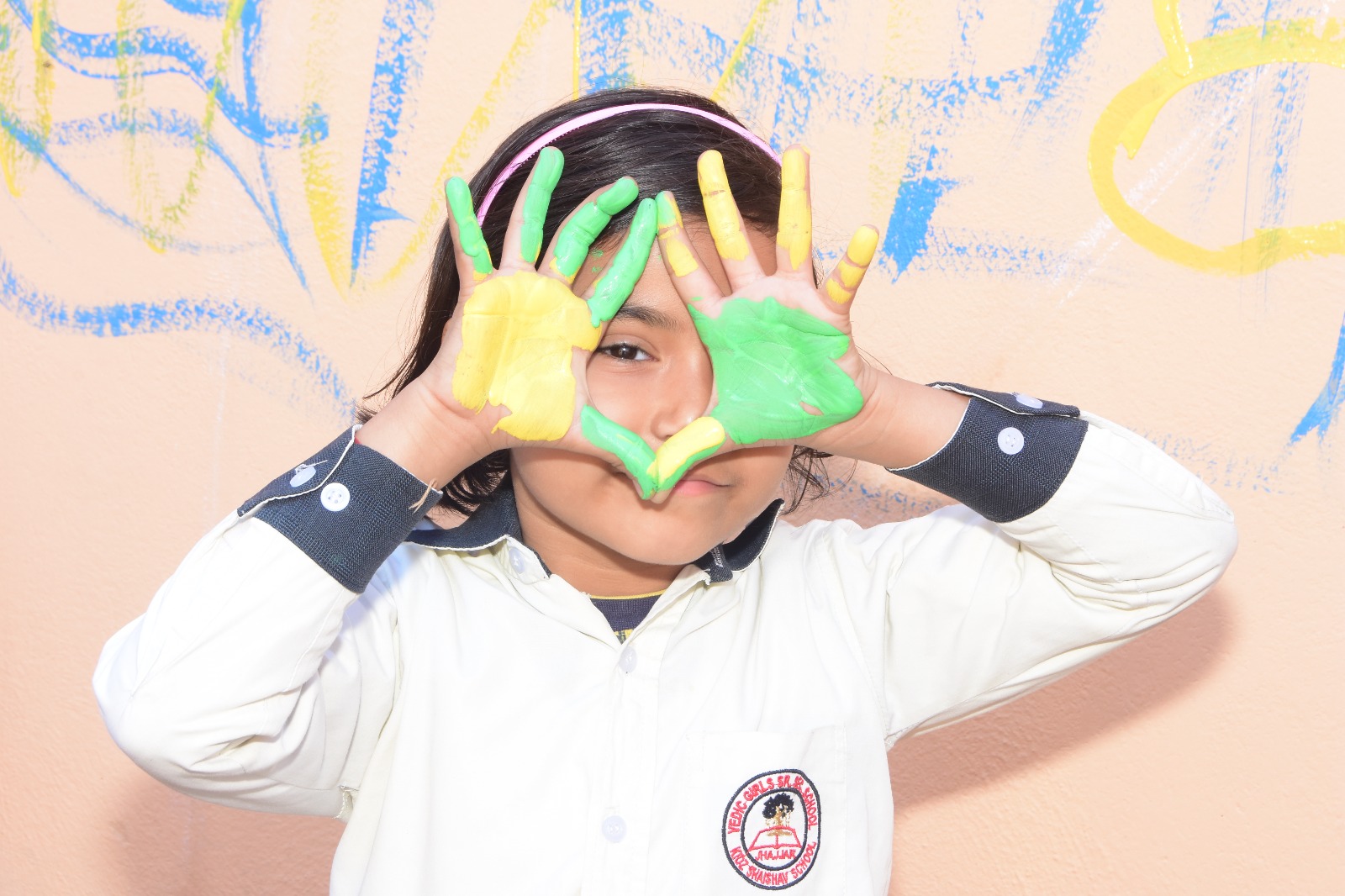
We celebrate three types of festivals –
National festival – they heighten the patriotic spirits in students, enabling them to grow into better citizens.
Independence Day (15 August)- The Independence Day is celebrated on August 15 every year to commemorate India’s freedom from the British rule in 1947. After independence, India became the world's largest democracy after the UK Parliament passed the Indian Independence Act, 1947, transferring legislative sovereignty to the Indian Constituent Assembly.








